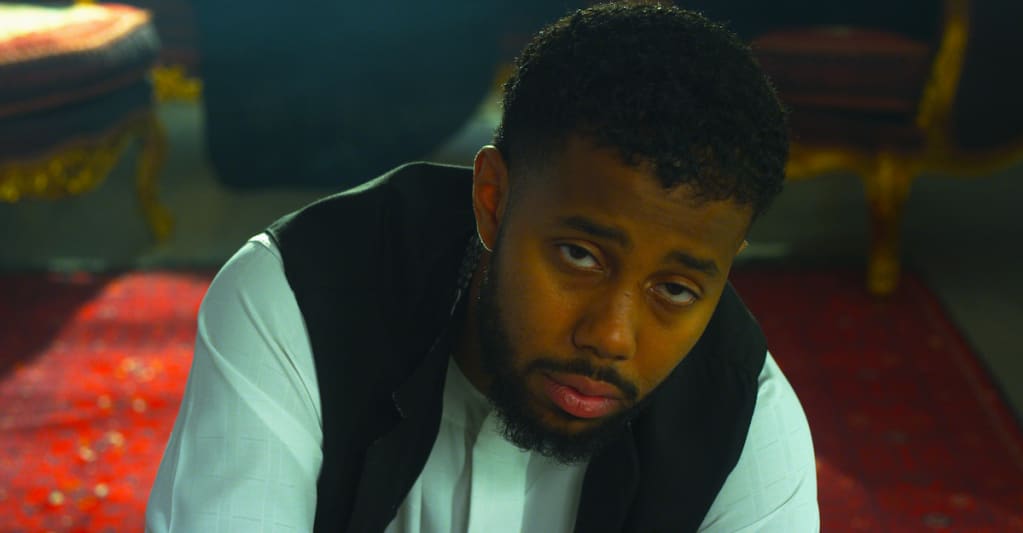#Ridley Scott’s ‘Napoleon’ Secures China Release Date

Ridley Scott‘s Napoleon has charted a course for China. The big-budget historical epic has locked down a potentially lucrative release date in the country on Dec. 1, according to multiple mainstream Chinese media sources.
Napoleon is from Apple Original Films and Sony Pictures. The film will be released in North American theaters on Nov. 22 by Sony Pictures and will stream on Apple TV+ at a later date.
Written by David Scarpa, the lavish period film, which clocks in at a meaty two hours and 38 minutes, stars Oscar winner Joaquin Phoenix as the French military commander and later despot Napoleon Bonaparte, with Vanessa Kirby as his consort, Empress Joséphine. The movie charts Bonaparte’s meteoric rise from lowly artillery commander to Napoleon I, emperor of France, and takes in notable military engagements such as the battles of Austerlitz and Waterloo
Universal’s Oppenheimer proved earlier this year that lengthy runtimes and weighty historical subjects are by no means a dealbreaker for Chinese moviegoers, with the period drama earning $61 million, the second-best China total of Christopher Nolan’s career behind 2014’s Interstellar ($139 million).
Napoleon will get a wide release on Imax in China, as did Oppenheimer.
With much of his classic filmography released long before China was a box-office force, Scott’s career-best showings in the country are The Martian (2015), with $94.9 million, and Alien: Covenant (2017) at $45.4 million.
Napoleon cost an estimated $200 million to make, before marketing, making a strong international showing a must for the epic.
The early reaction from critics to Napoleon has been largely positive. It has been most consistently praised for its epic scale — always a bonus in the China market — particularly the set-piece battle scenes that make the movie a worthy theatrical experience. Phoenix and Kirby’s performances have also won early admiration.

Apple Original Films/Sony Pictures Entertainment
If you liked the article, do not forget to share it with your friends. Follow us on Google News too, click on the star and choose us from your favorites.
For forums sites go to Forum.BuradaBiliyorum.Com
If you want to read more Like this articles, you can visit our Social Media category.




